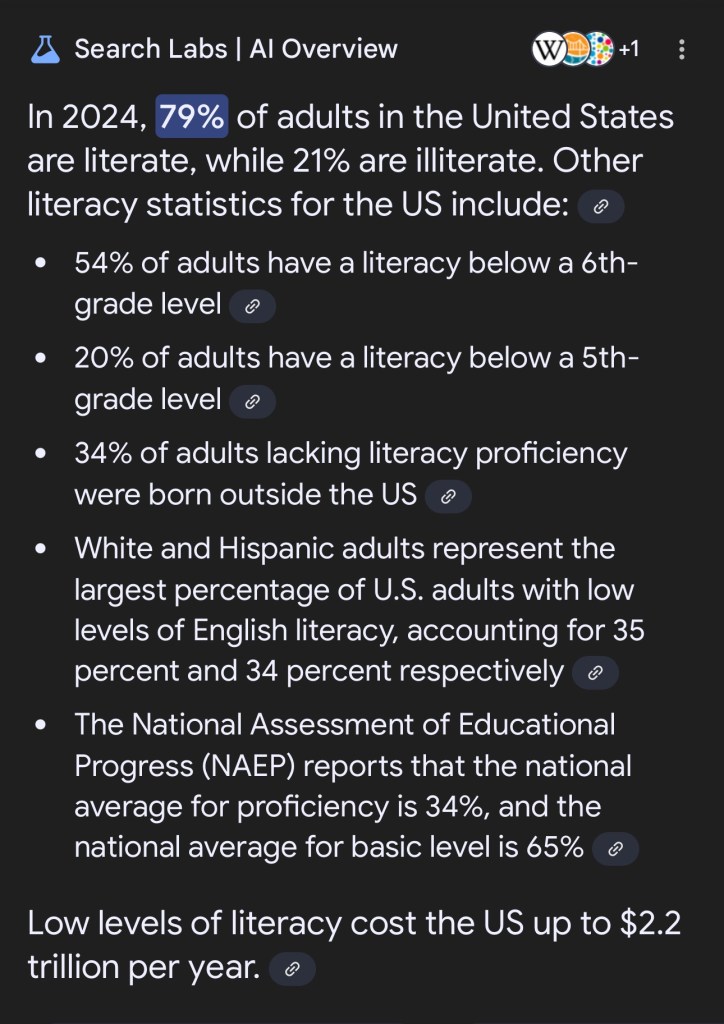No, it’s not Communism! It’s the privatization of education. “School choice” takes away from government spending for public schools!

Trump Chooses Longtime Ally Linda McMahon to Run Education Dept.
Read More »President-elect Donald J. Trump on Tuesday tapped Linda McMahon, a former professional wrestling executive who ran the Small Business Administration for much of his first term, to lead the Education Department, an agency he has routinely singled out for elimination in his upcoming term.
…
In part because of her recent policy role and her experience as the small business administrator, Ms. McMahon had been discussed as a possible pick to lead the Commerce Department until the role was officially offered to Howard Lutnick, a Wall Street executive and a chairman of the Trump transition team, earlier in the day.
Ms. McMahon will be in charge of overseeing what is widely expected to be a thorough and determined dismantling of the department’s core functions, as Mr. Trump and many of those in his orbit have questioned the agency’s purpose and disparaged its work as overregulating schools on political and ideological terms.
Other than a brief appointment in 2009 to the Connecticut State Board of Education, where she served for just over a year, Ms. McMahon has no experience in overseeing education policy. She would assume the role at a time when school districts across the country are facing budget shortfalls, many students are not making up ground lost during the pandemic in reading and math, and many colleges and universities are shrinking and closing amid a larger loss of faith in the value of higher education.
While Mr. Trump has repeatedly called for an outright dissolution of the agency, any effort to shutter it would require congressional action and support from some Republican lawmakers whose districts depend on federal aid for public education.
But the America First Policy Institute has set out a more immediate list of changes it says could be achieved through vastly changing the department’s priorities. Those include stopping schools from “promoting inaccurate and unpatriotic concepts” about American history surrounding institutionalized racism, and expanding “school choice” programs that direct more public funds to parents to spend on home-schooling, online classes or at private and religious schools.


You must be logged in to post a comment.